The UN has produced a video game, called Reset Earth, designed to educate young people about the need to protect the ozone layer. The game is set in a dystopian future where a fictitious disease has spread across the planet – a response to a depleted ozone layer. The protagonists must travel back in time to prevent this from happening by ensuring the world takes collective action. It underscores the importance of the 1987 Montreal Protocol; the UN believes that if young people are aware of this problem they will ensure it doesn’t happen in the future.
So what?
This represents a direct intervention from an international body in a sphere very familiar to today’s young people: video games. Could engaging young people in this way offer a form of education that is more long-lasting? Is this an indicator of how technology could be used to raise the profile of environmental issues among different communities?



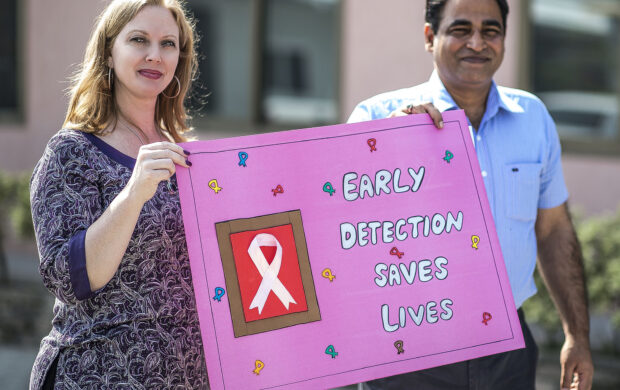




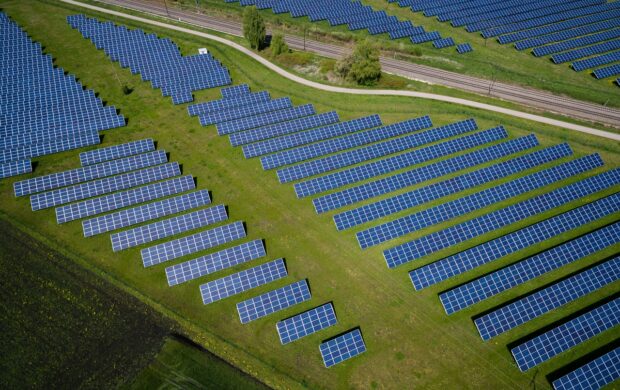



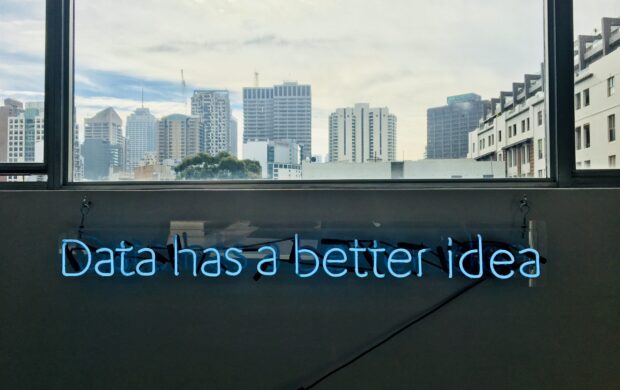



Join discussion